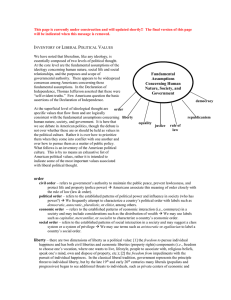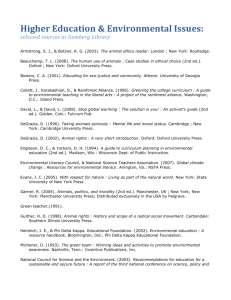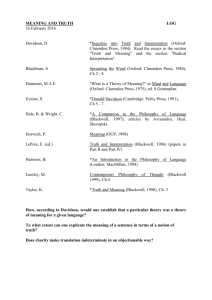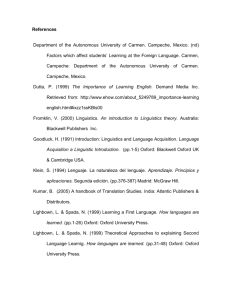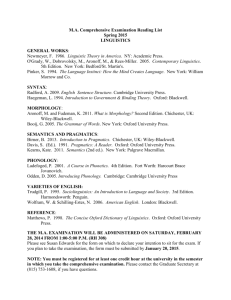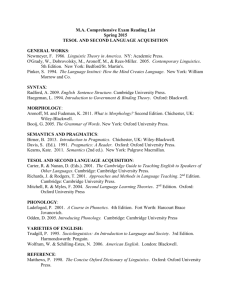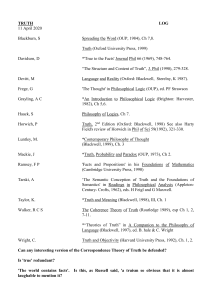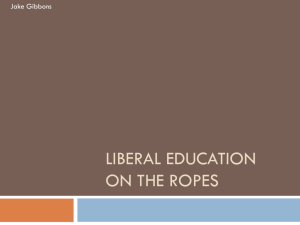The Paradox of Liberal Democracy I: Majority, Individual Rights and
advertisement
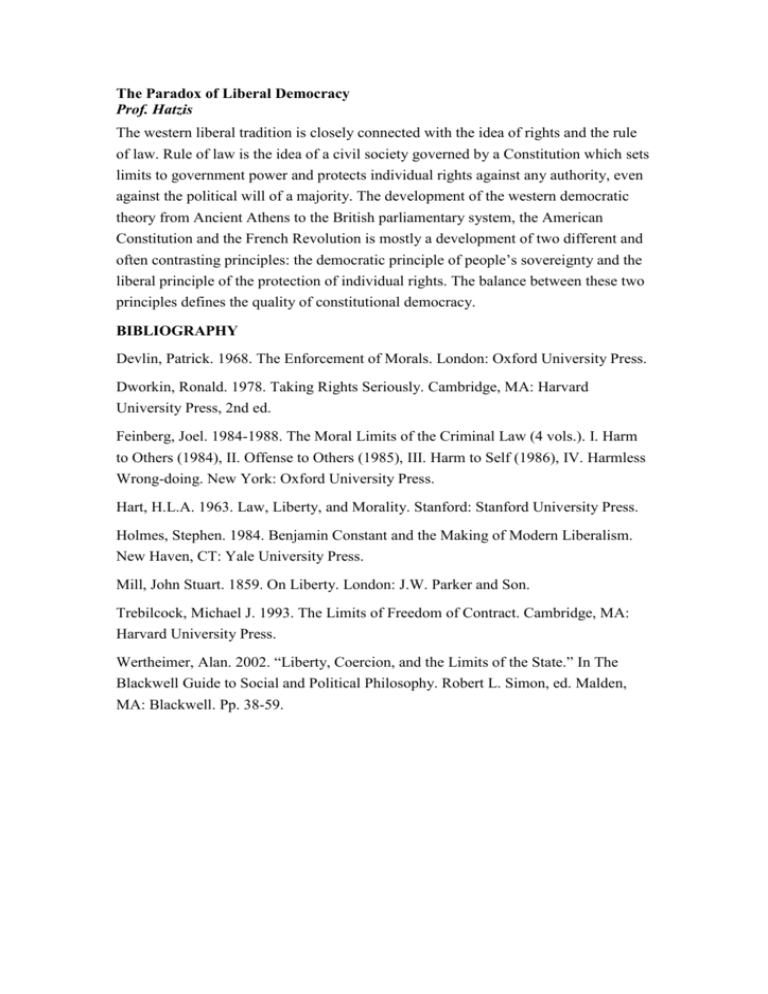
The Paradox of Liberal Democracy Prof. Hatzis The western liberal tradition is closely connected with the idea of rights and the rule of law. Rule of law is the idea of a civil society governed by a Constitution which sets limits to government power and protects individual rights against any authority, even against the political will of a majority. The development of the western democratic theory from Ancient Athens to the British parliamentary system, the American Constitution and the French Revolution is mostly a development of two different and often contrasting principles: the democratic principle of people’s sovereignty and the liberal principle of the protection of individual rights. The balance between these two principles defines the quality of constitutional democracy. BIBLIOGRAPHY Devlin, Patrick. 1968. The Enforcement of Morals. London: Oxford University Press. Dworkin, Ronald. 1978. Taking Rights Seriously. Cambridge, MA: Harvard University Press, 2nd ed. Feinberg, Joel. 1984-1988. The Moral Limits of the Criminal Law (4 vols.). I. Harm to Others (1984), II. Offense to Others (1985), III. Harm to Self (1986), IV. Harmless Wrong-doing. New York: Oxford University Press. Hart, H.L.A. 1963. Law, Liberty, and Morality. Stanford: Stanford University Press. Holmes, Stephen. 1984. Benjamin Constant and the Making of Modern Liberalism. New Haven, CT: Yale University Press. Mill, John Stuart. 1859. On Liberty. London: J.W. Parker and Son. Trebilcock, Michael J. 1993. The Limits of Freedom of Contract. Cambridge, MA: Harvard University Press. Wertheimer, Alan. 2002. “Liberty, Coercion, and the Limits of the State.” In The Blackwell Guide to Social and Political Philosophy. Robert L. Simon, ed. Malden, MA: Blackwell. Pp. 38-59.


